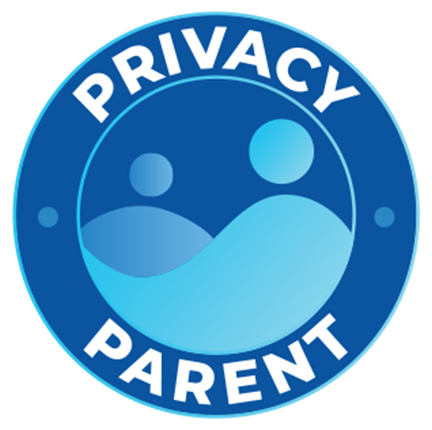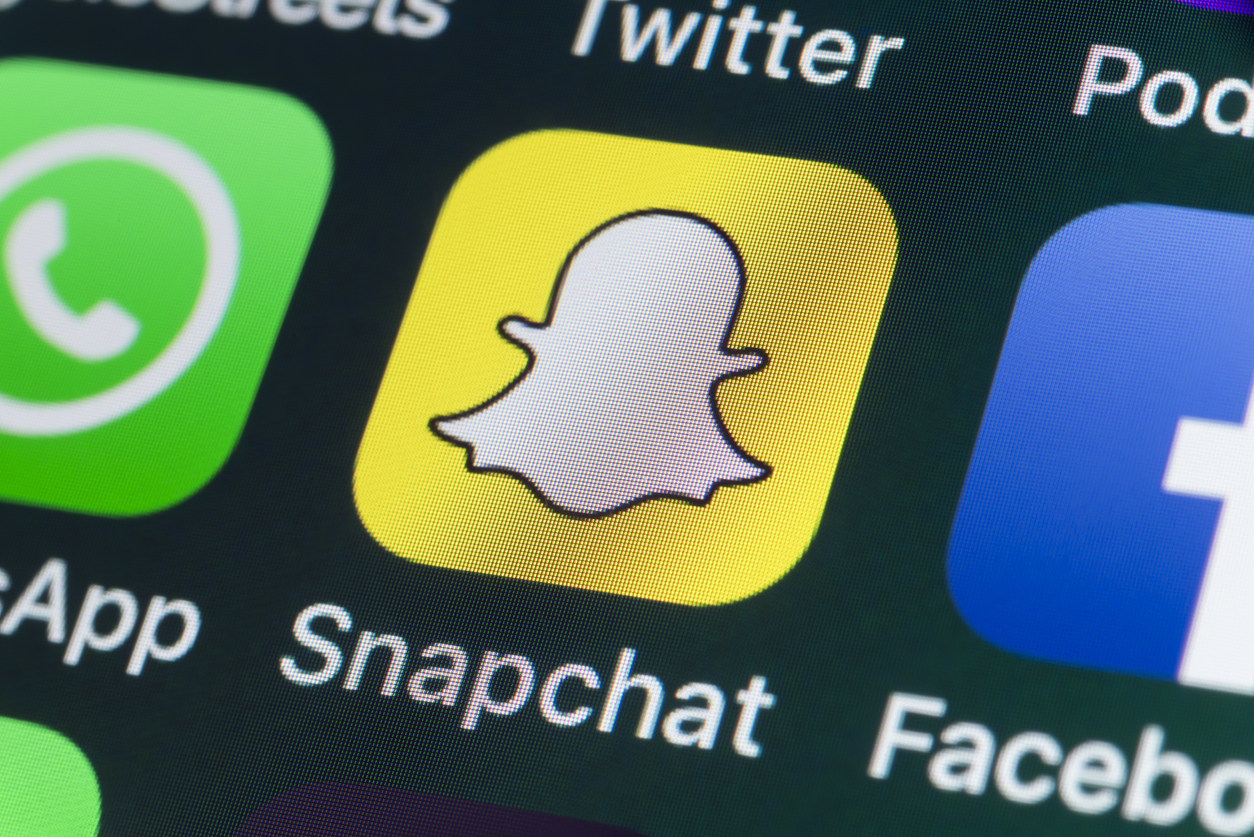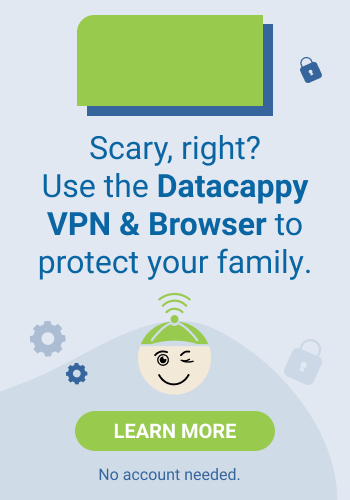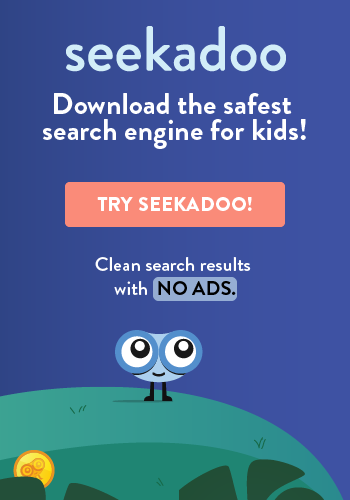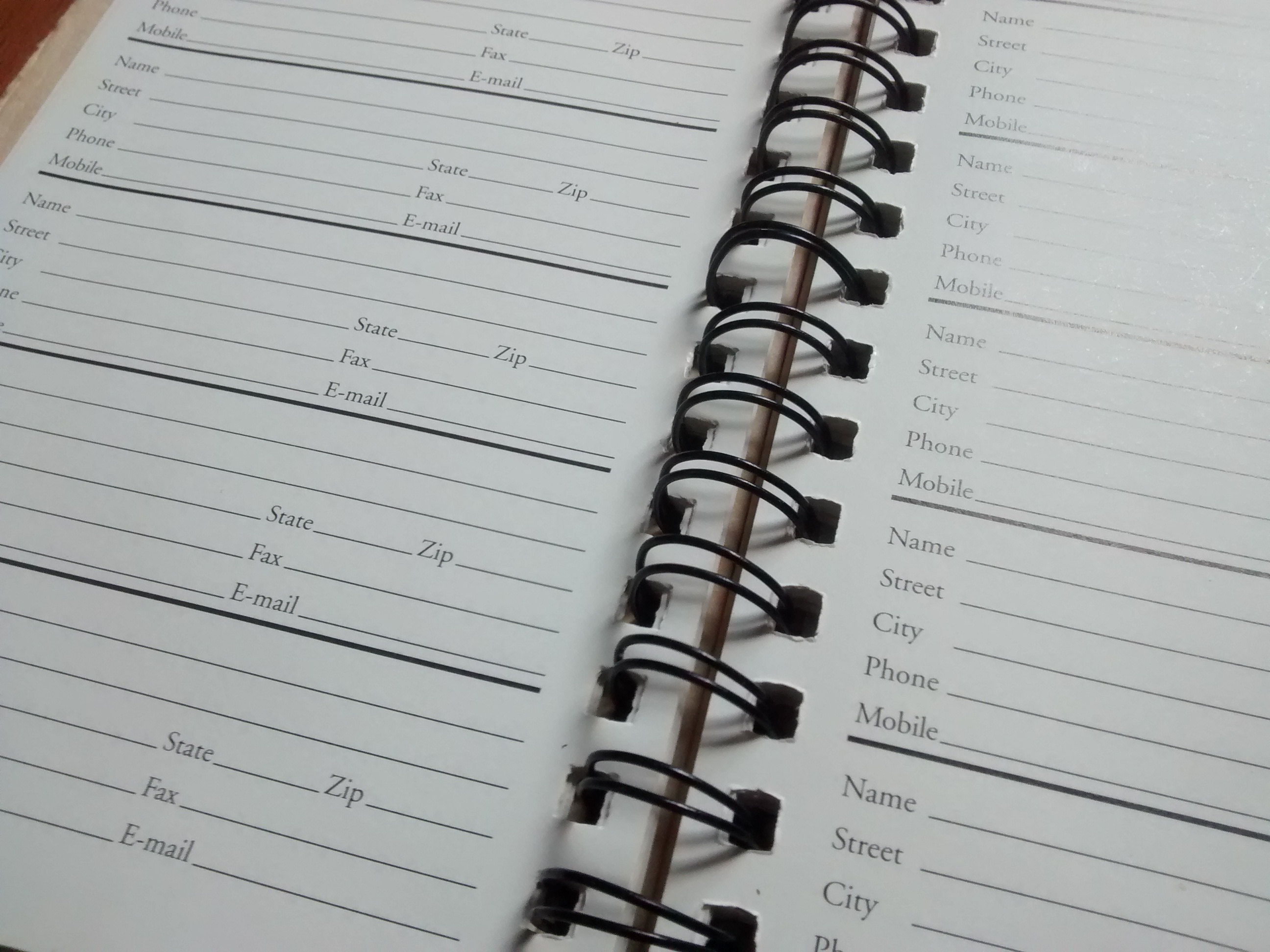
In an analog world, the personal address book was gold. They were curated, edited and sprinkled with exclusive numbers that weren’t widely available. Contacts who gave you their unlisted numbers gave you, by extension, their trust. Close your address book and put it away, and no one could read it.
That was then. A digital address book doesn’t reside safely in a desk drawer. It’s in your phone, labeled “Contacts” and as vulnerable to outside hacks as any other bit of software you use. But the “bad guys” aren’t the only ones hoping to dip into that well of information. It’s valuable data, and all sorts of companies want it. You really to close your address book, and lock down your contacts list.
Requesting Access
Think about the last messaging app you downloaded. Did it request access to your contacts? If so, did you grant it that access? If you did, you gave the names, email addresses, phone numbers and home addresses of your friends and acquaintances to a commercial entity that will use that information however it sees fit.
Perhaps you would never do that. OK. But an acquaintance who has your contact information might, right? Suddenly, personal data you’ve tried to keep close to the vest is in the hands of a company you’ve never heard of, and you had nothing to do with it.
What To Do?
Read the fine print (if you can find it). If a service or app requests access to your address book or contacts, try to determine how it plans to use that information. Will it safeguard it or sell it? Those answers aren’t always easy to find, so err on the side of caution. If an app asks for your contacts, deny it. The app will likely still function.
Watch out for quizzes. Remember the Cambridge Analytica scandal? Those clever questions don’t exist solely for your entertainment. The companies that produce them use your answers to make money.
Close Your Contacts
Keep your contacts close. And closed. Whatever devices host your contacts should be password-protected (with effective passwords, not 1234PASSWORD).
Remember, your friends’ personal information isn’t yours to share. Just as yours isn’t theirs to share. It’s—still—about trust.


